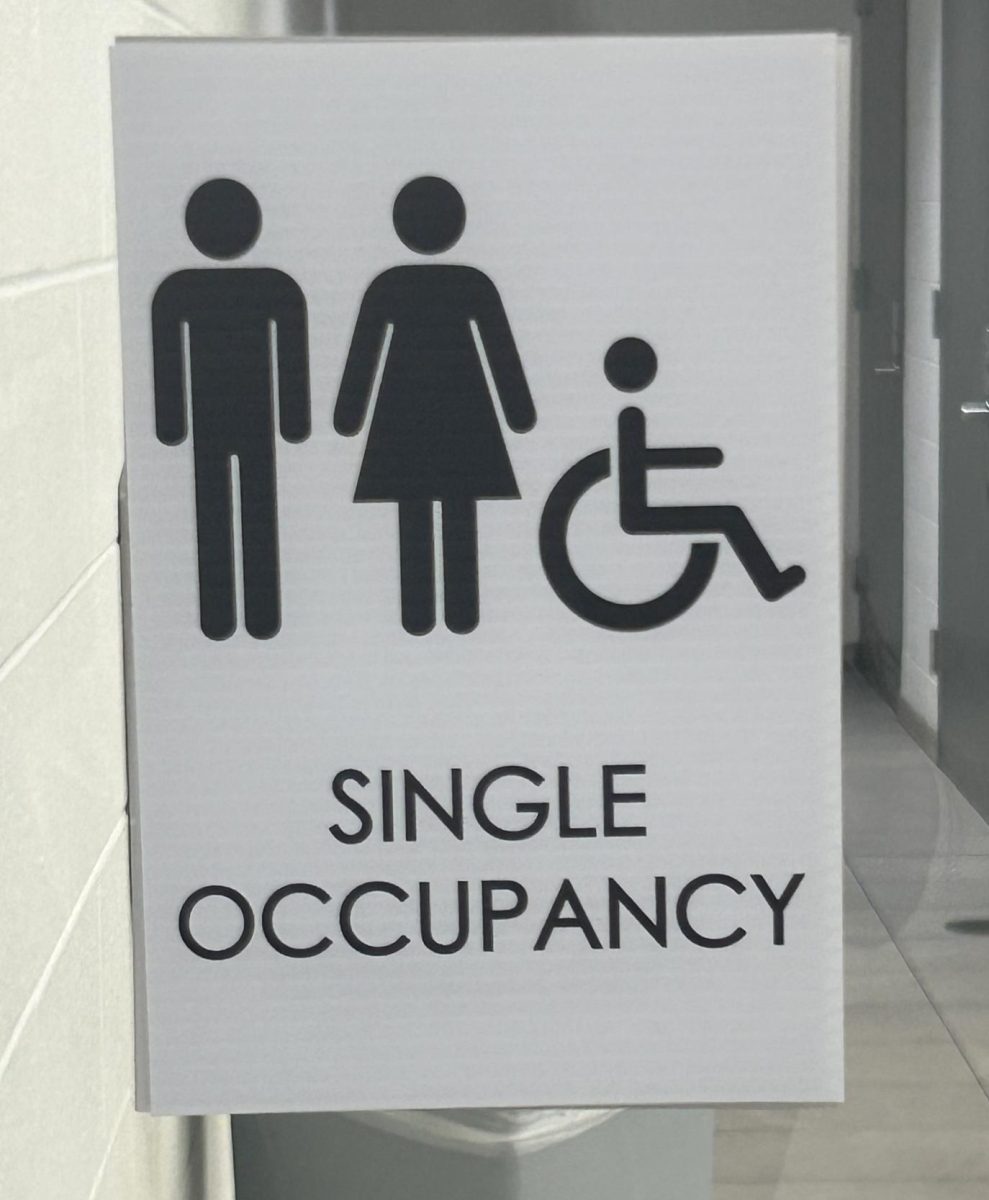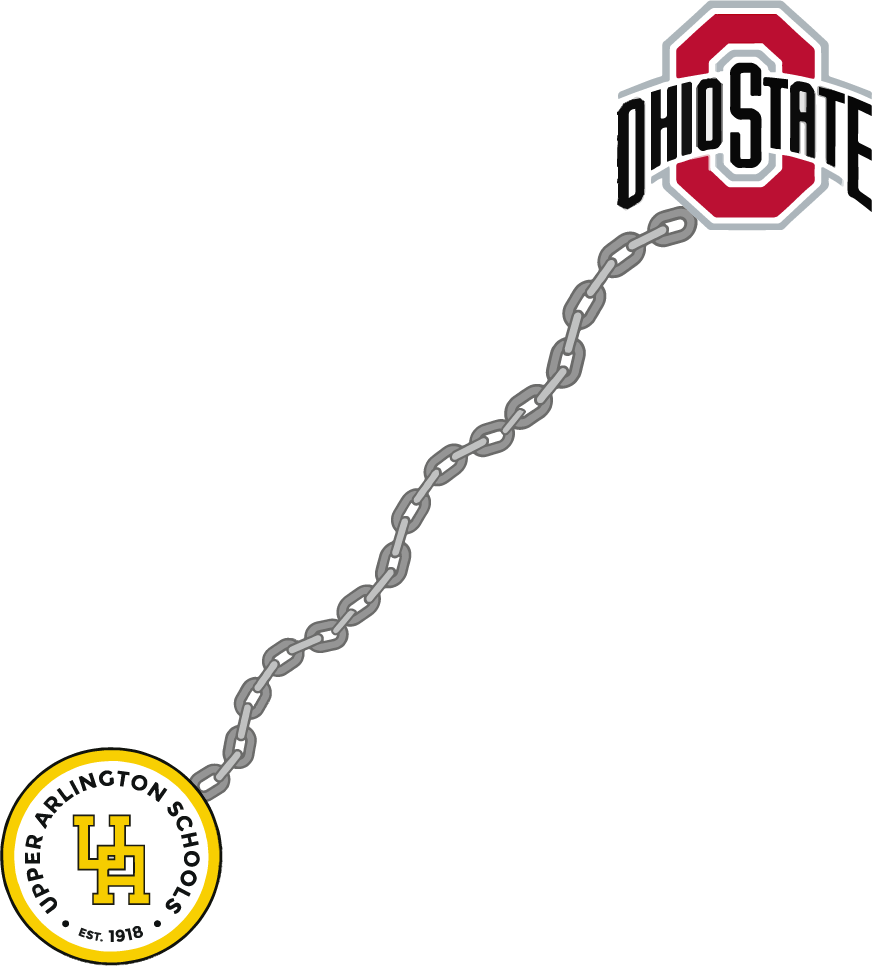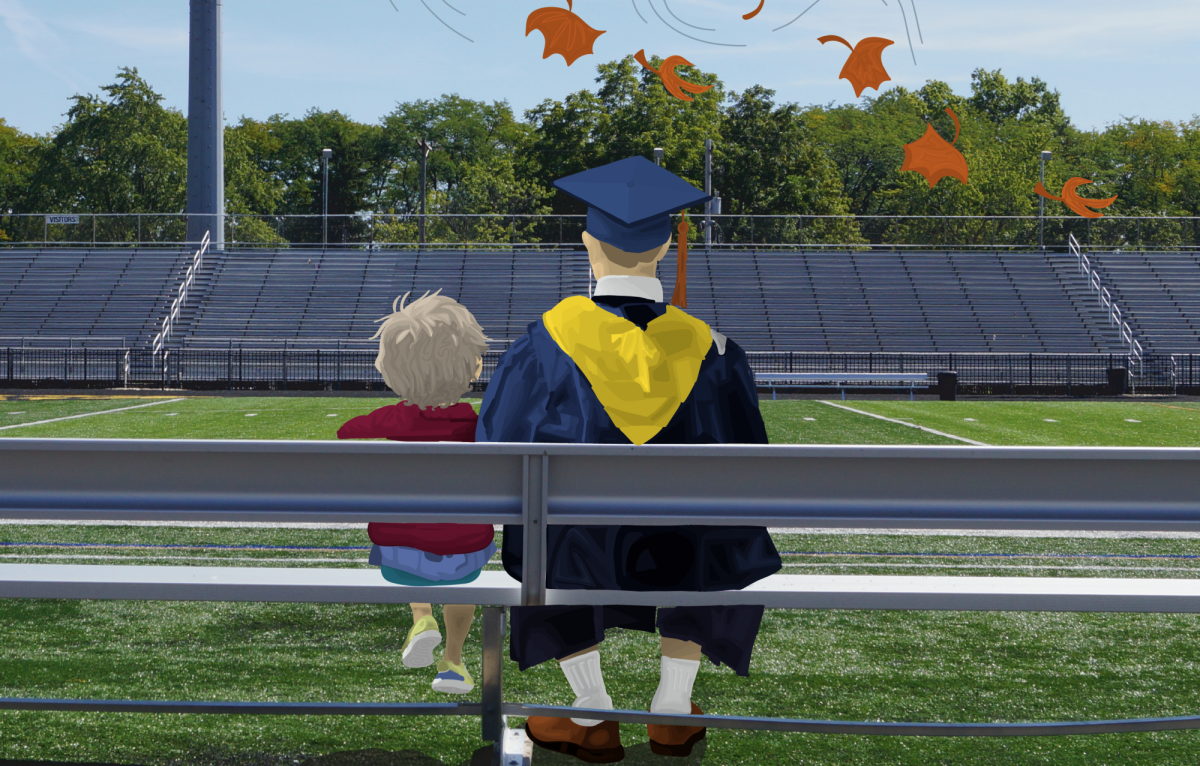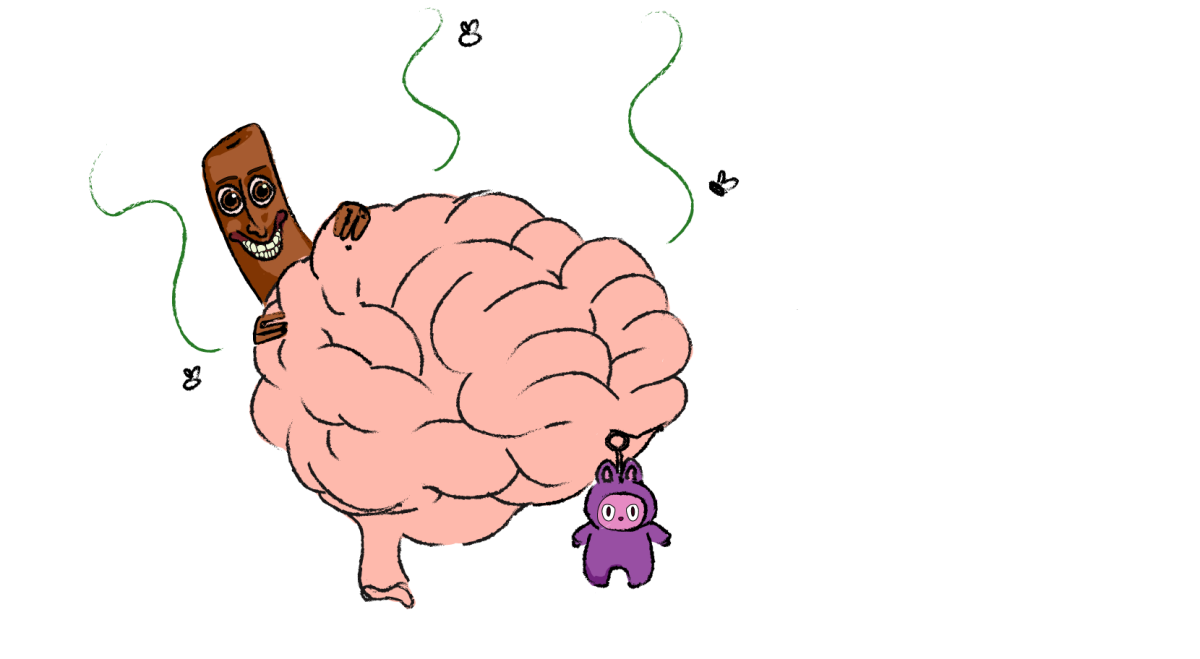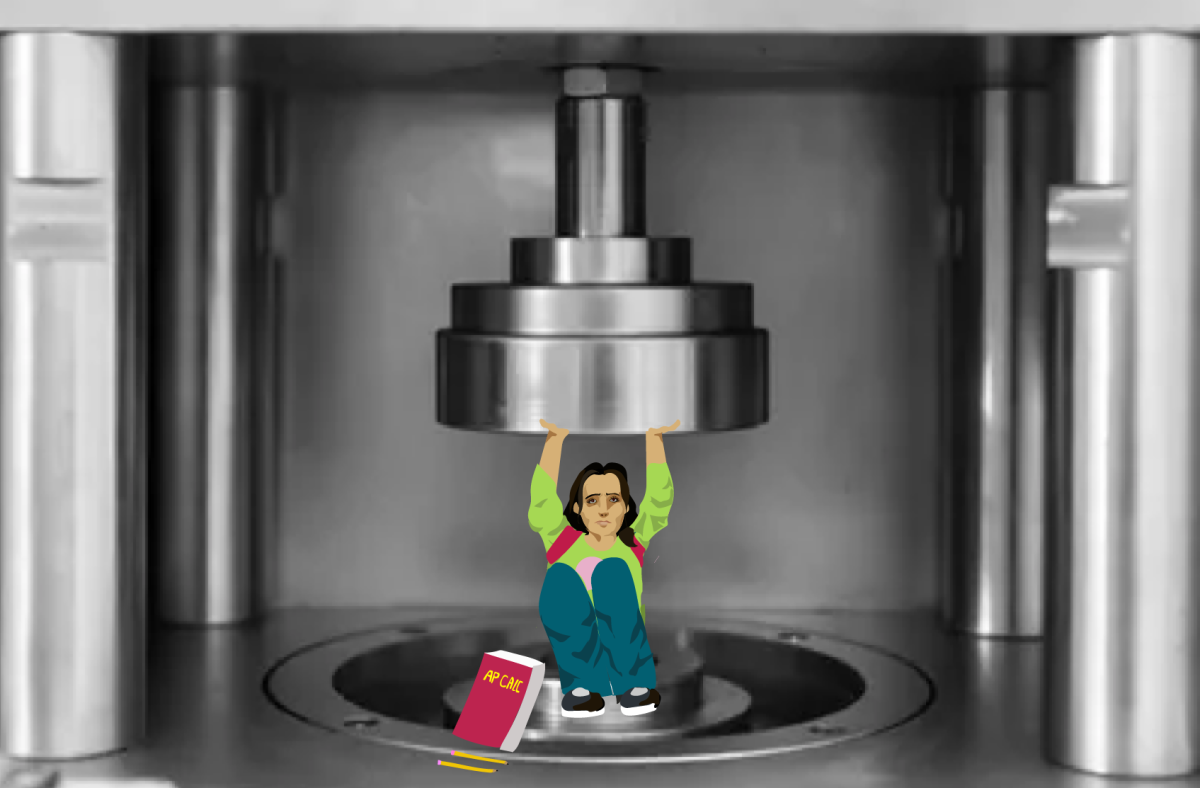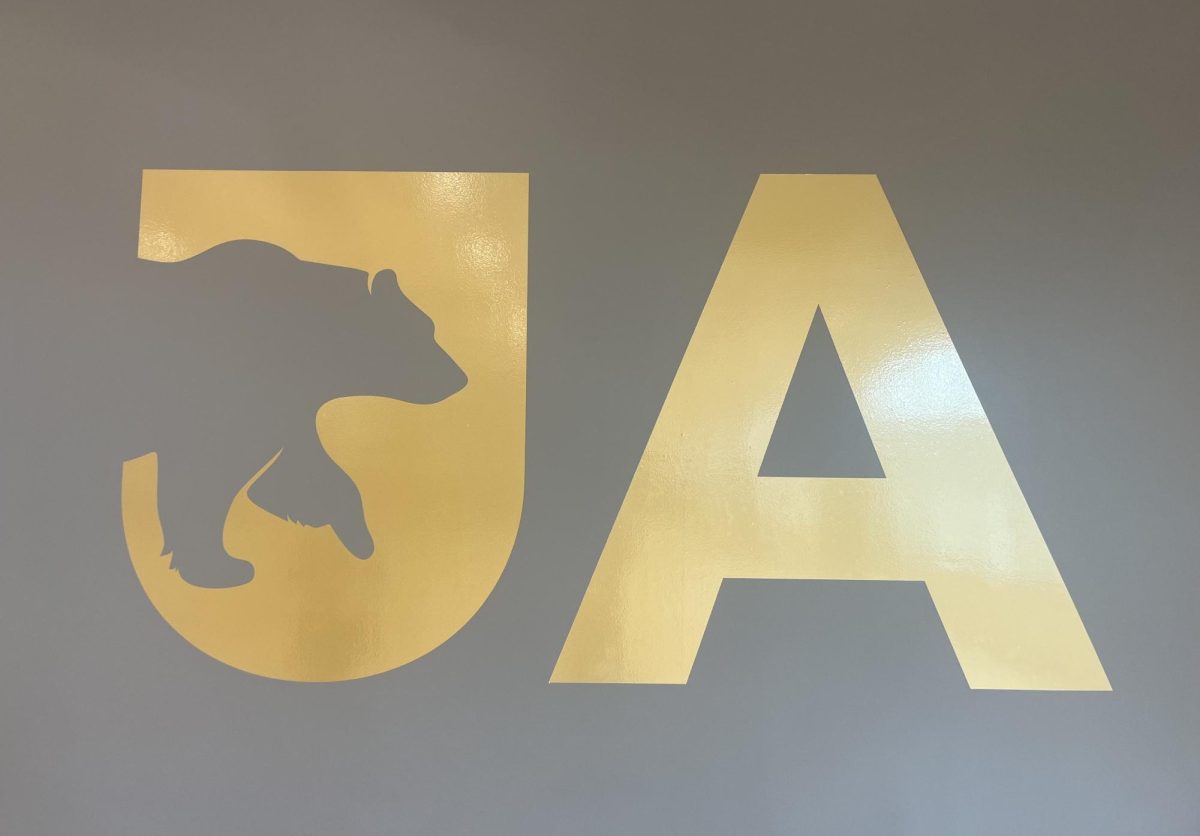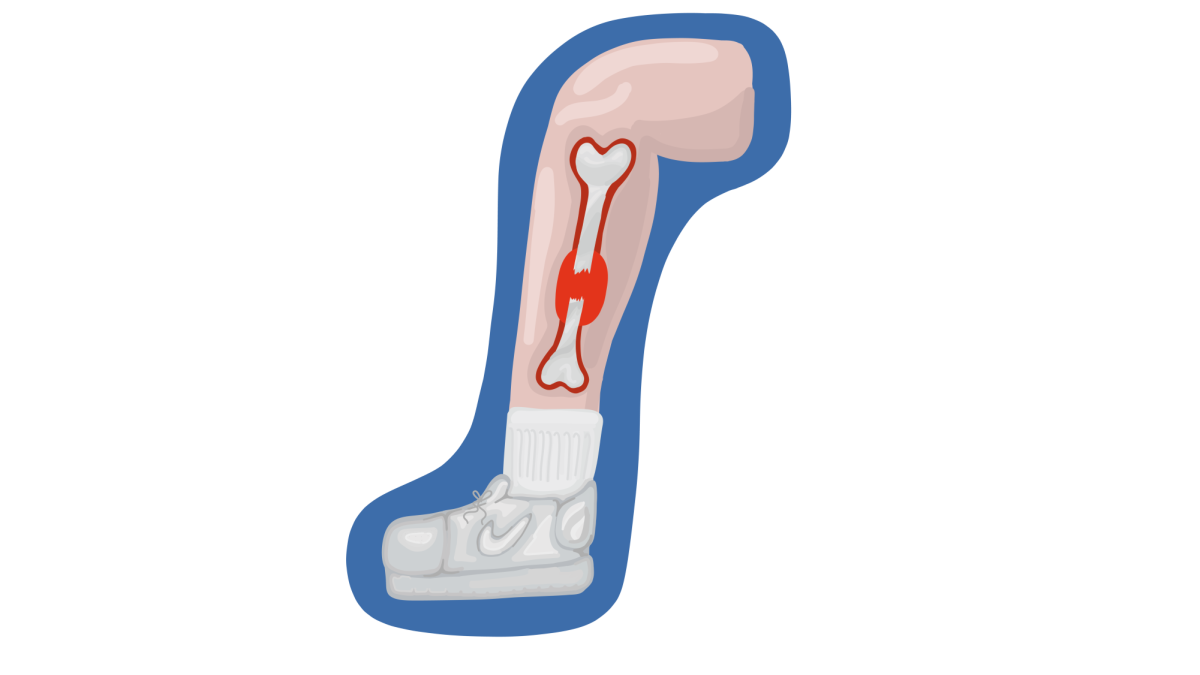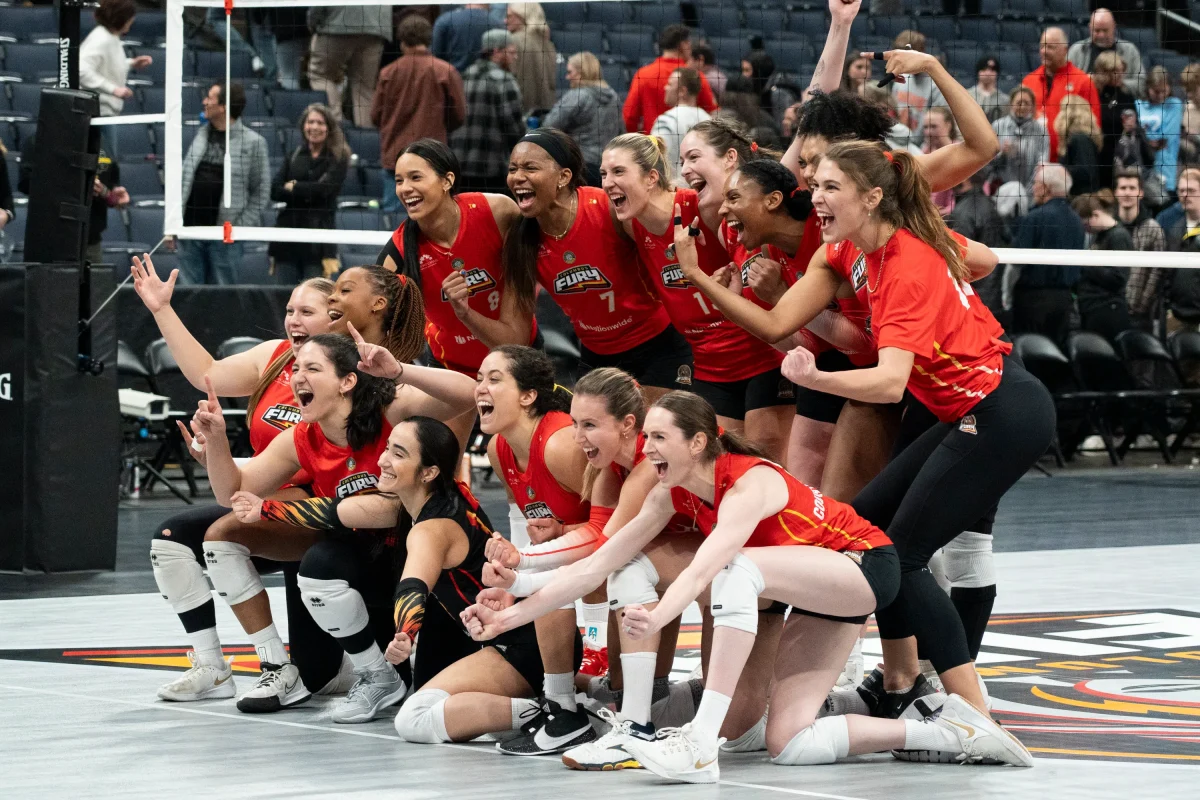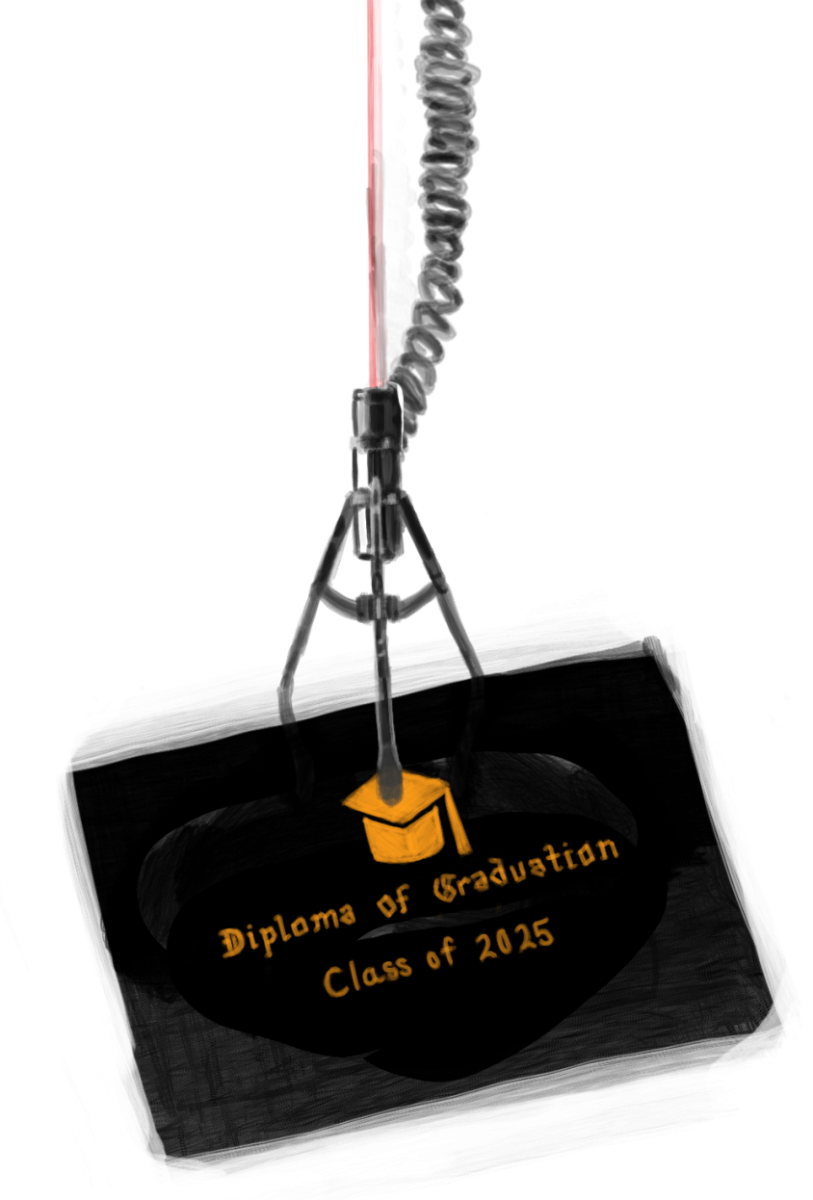For years, the conventional wisdom was clear: a college degree was a ticket into a stable career and financial security. But now with a rise in student debts and a rapidly changing job market, more people have started to question whether or not a college degree remains a golden ticket to success.
In 2025, industries are being reshaped, artificial intelligence is rapidly developing and college degrees are being scrutinized more than ever. High school upperclassmen are faced with making difficult decisions regarding what they “want to do with their lives” around this time of the year.
The traditional path many high school students take is to obtain a four-year degree as a starting point. Some may choose to move on to college, while others choose to find a job right out of high school. With that being said, students who choose to continue with school means more money is being spent.
Some upperclassmen who choose to continue to college may do so because of the security it offers for their future. Senior Natalie Bruck commented on why she chose to continue her education.
“I was fortunate enough to receive a merit-based scholarship. I also wanted to continue [school] because college provides better networking opportunities and results in higher net pay in the end,” Bruck said.
This sentiment reflects a broader trend seen in today’s workforce, where higher education is often seen as a key to future success. However, Brooke Miller-Wedding has been a job recruiter in the healthcare industry for 25 years and has witnessed firsthand how the value of a college degree has shifted.
Thirty years ago, a college degree seemed to be a necessary step towards success. However, students continue to find new ways to apply their interests and skills to a career after high school.
“I have seen lots of people that are very intelligent, committed and have great ideas, but that have been passed on [because of the lack of a degree],” Miller-Wedding said. “It used to show that you had a commitment and that you could see things through. Now I feel like the cost is not worth it.”
According to the Education Data Initiative, the average cost of college tuition per year is $38,270 including books, supplies, and daily living expenses. In comparison, around 30 years ago, the average cost was $4,000-$6,000 for four years of public college. Tuition is rapidly increasing across colleges in the United States. Miller-Wedding spoke on why this might be happening.
“In my opinion, I feel like there are more political and money kinds of thoughts around education. There is no direct reason why it should be this expensive,” Miller-Wedding said.
However, Miller-Wedding mentioned that it might be a blessing in disguise. People are beginning to see alternative opportunities that might not have been found otherwise.
“There are a lot of people that are going into different trades now that are able to make a lot more money and have stability,” Miller-Wedding said.
For those seeking a job with a leadership role, a four-year degree and additional certifications or accreditation should secure a job in a position of expertise. However, with the rapid rise of Artificial Intelligence, the landscape of expertise and leadership is shifting.
There has been a huge increase in the use of Artificial Intelligence in the workplace. Miller-Wedding believed that AI has not been a massive issue within the job market and employment. However, if AI rapidly takes over the market, then a larger problem may arise. AI has certain abilities to do things that a human is unable to do in the same amount of time.
According to the Virginia Tech Engineer, AI-endowed devices can parse through billions of data points in a few milliseconds, a task that would otherwise require decades for a human operator to perform. An AI-endowed device is something that uses Artificial Intelligence to perform tasks that would typically be done by humans.
Miller-Wedding believed that current high school students should not be too concerned about AI flooding the job market.
“There is so much that is needed with personal connection, human connection, interaction and communication in the workplace,” Miller-Wedding said. “It is crazy to think about all that it can do. I think that it’s going to replace some people, but it’s unknown to what degree that’s really going to have an effect.”
Some professions such as marketing or communications might feel more of an effect from the increase in usage of AI. Miller-Wedding believed that going forward there are going to be a lot of changes to those types of jobs.
“For the people that were really good with English, etiquette and grammar aren’t as much needed because you can run everything through AI,” Miller-Wedding said. “If you do go into something that is getting taken over by AI, the conundrum is do you stick with it or try to be an outlier and really be an expert so that you cannot be replaced.”
As high school students navigate the crucial decision of what path to take after graduation, the choice of higher education into a career is more complex than ever before. The continual rise in tuition costs coupled with the increasing presence of Artificial Intelligence, has led many to question the once-unquestioned value of a college education.
However, Miller-Wedding’s insights offer a clear message: Today’s students have more options than ever before, and the key to success may not always lie in following the traditional route. In the end, the decision isn’t about following a single prescribed path but rather about determining how to leverage skills, interests, and the tools of tomorrow to build a future on personal terms.


